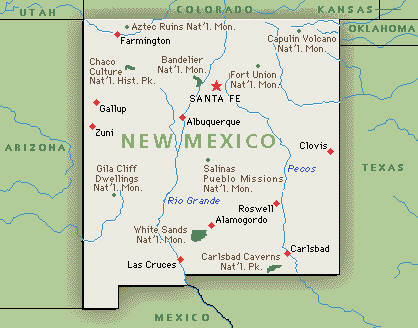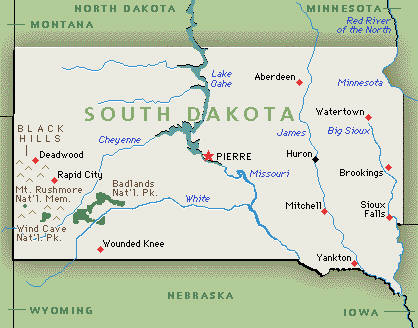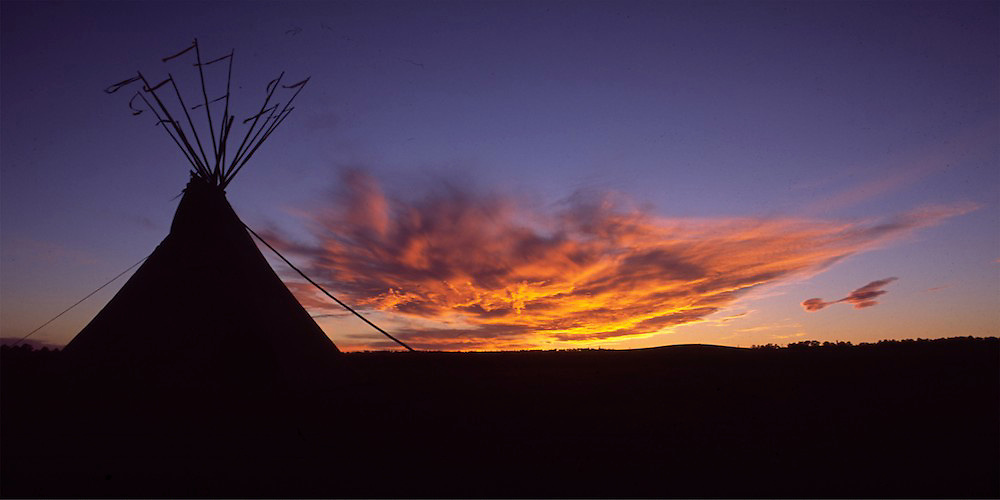 Election day, Nov. 5, saw the defeat of ballot measures to legalize cannabis in Florida, North Dakota and South Dakota. In Florida, the measure actually received upwards of 1.2 million more "yes" than "no" votes. However, because of unique rules in Florida, the constitutional amendment required support from a supermajority (60%) of voters, and it did not meet that threshold. The amendment was publicly opposed by Gov. Ron DeSantis, who spent millions of dollars on taxpayer-funded messaging and made several unfounded claims against the initiative.
Election day, Nov. 5, saw the defeat of ballot measures to legalize cannabis in Florida, North Dakota and South Dakota. In Florida, the measure actually received upwards of 1.2 million more "yes" than "no" votes. However, because of unique rules in Florida, the constitutional amendment required support from a supermajority (60%) of voters, and it did not meet that threshold. The amendment was publicly opposed by Gov. Ron DeSantis, who spent millions of dollars on taxpayer-funded messaging and made several unfounded claims against the initiative.

 With political and legal space opening for cannabis in state after state, a backlash is manifesting in the idea of caps on the potency—whether of bud, extracts or edibles. Voices from the industry and activist community see this as a throwback to the days of Reefer Madness.
With political and legal space opening for cannabis in state after state, a backlash is manifesting in the idea of caps on the potency—whether of bud, extracts or edibles. Voices from the industry and activist community see this as a throwback to the days of Reefer Madness. A federal raid on a Pueblo Indian reservation in New Mexico again brings into focus the contested jurisdictional status of Native American nations where cannabis is concerned. More tribes are asserting their right to cultivation as a matter of sovereignty—despite federal intransigence.
A federal raid on a Pueblo Indian reservation in New Mexico again brings into focus the contested jurisdictional status of Native American nations where cannabis is concerned. More tribes are asserting their right to cultivation as a matter of sovereignty—despite federal intransigence. South Dakota was one of four states that voted to legalize cannabis in November 2020. But now the state's supreme court has barred the amendment from taking effect, after a challenge brought with the support of the Republican governor—and based on narrow legalisms.
South Dakota was one of four states that voted to legalize cannabis in November 2020. But now the state's supreme court has barred the amendment from taking effect, after a challenge brought with the support of the Republican governor—and based on narrow legalisms. The original peoples of what is now the United States were left in legal limbo in the wake of the 2018 Farm Bill, which made hemp cultivation again lawful. Federally recognized Native American tribes could not cultivate under state regulation, because the states have limited jurisdiction on their reservations. But the US Agriculture Department dragged its heels in issuing federal regs that could apply on these lands. Caught between two sovereigns, many farmers in Indian country are asserting their right to cultivate hemp under the un-extinguished sovereignty of their own Native nations.
The original peoples of what is now the United States were left in legal limbo in the wake of the 2018 Farm Bill, which made hemp cultivation again lawful. Federally recognized Native American tribes could not cultivate under state regulation, because the states have limited jurisdiction on their reservations. But the US Agriculture Department dragged its heels in issuing federal regs that could apply on these lands. Caught between two sovereigns, many farmers in Indian country are asserting their right to cultivate hemp under the un-extinguished sovereignty of their own Native nations. Hemp and hemp-derived CBD were officially legalized under the 2018 Farm Bill, but the US Department of Agriculture has failed to bring its regulations into conformity with the new federal law—until now. Interim regs have just been issued by the USDA, with a 60-day public comment period to follow—meaning a final rule will likely be in place in time for next year's planting season.
Hemp and hemp-derived CBD were officially legalized under the 2018 Farm Bill, but the US Department of Agriculture has failed to bring its regulations into conformity with the new federal law—until now. Interim regs have just been issued by the USDA, with a 60-day public comment period to follow—meaning a final rule will likely be in place in time for next year's planting season.





Recent comments
5 weeks 4 hours ago
5 weeks 10 hours ago
8 weeks 1 day ago
9 weeks 10 hours ago
13 weeks 17 hours ago
16 weeks 6 days ago
20 weeks 6 days ago
21 weeks 4 days ago
31 weeks 4 days ago
35 weeks 5 days ago